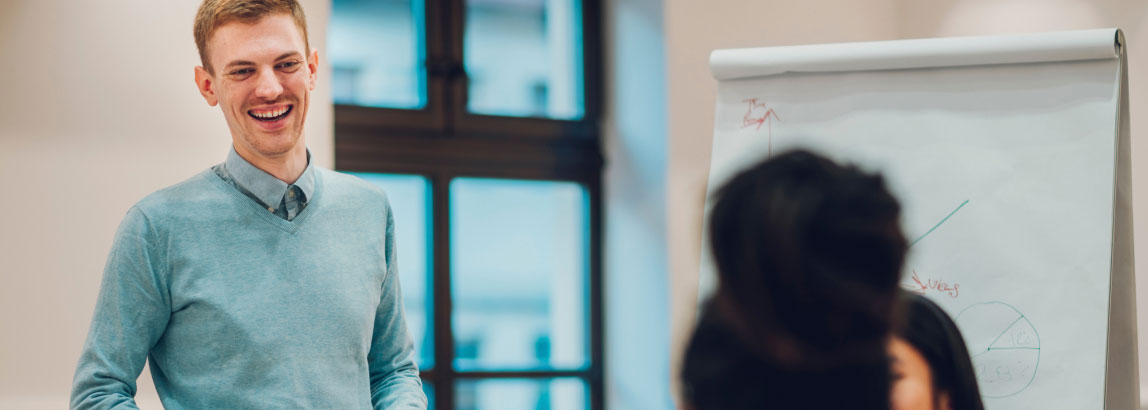Not found

Related vacancies

ASSOCIATE PROFESSOR COMPUTATIONAL INTELLIGENCE
- 0.8 / 1
- Faculty of Science
- Associate Professor
- Postdoc
- Closes on15-03-2025
- Publishing date05-02-2025
-
0.0 km
Would you like to join us in our endeavours to deepen our understanding of adaptive embodied intelligence, create compelling demonstrators, and publish in leading academic venues?
View vacancy

Postdoc in Engaging science and society for food system transformation
- 1 / 1
- Faculty of Science
- Researcher / Postdoc
- Postdoc
- Closes on21-02-2025
- Publishing date04-02-2025
-
0.0 km
You will conduct research on evidence-informed decision-making processes and ways to foster societal engagement and innovation for the transformation of the European food system.
View vacancy

PhD position in algebraic topology
- 0.8 / 1
- Faculty of Science
- PhD
- MSc
- Closes on10-03-2025
- Publishing date04-02-2025
-
0.0 km
Do you have an inquisitive mind and a passion for mathematics? Please apply for a PhD position at Vrije Universiteit Amsterdam.
View vacancy
This website uses cookies
We, and third parties, use cookies on our website. We use cookies to ensure that our website functions properly, to store your preferences, to gain insight into visitor behavior, but also for marketing and social media purposes (showing personalized advertisements). By clicking 'Accept', you agree to the use of all cookies. In our Cookie Statement. you can read more about the cookies we use and save or change your preferences. By clicking 'Refuse' you only agree to the use of functional cookies.